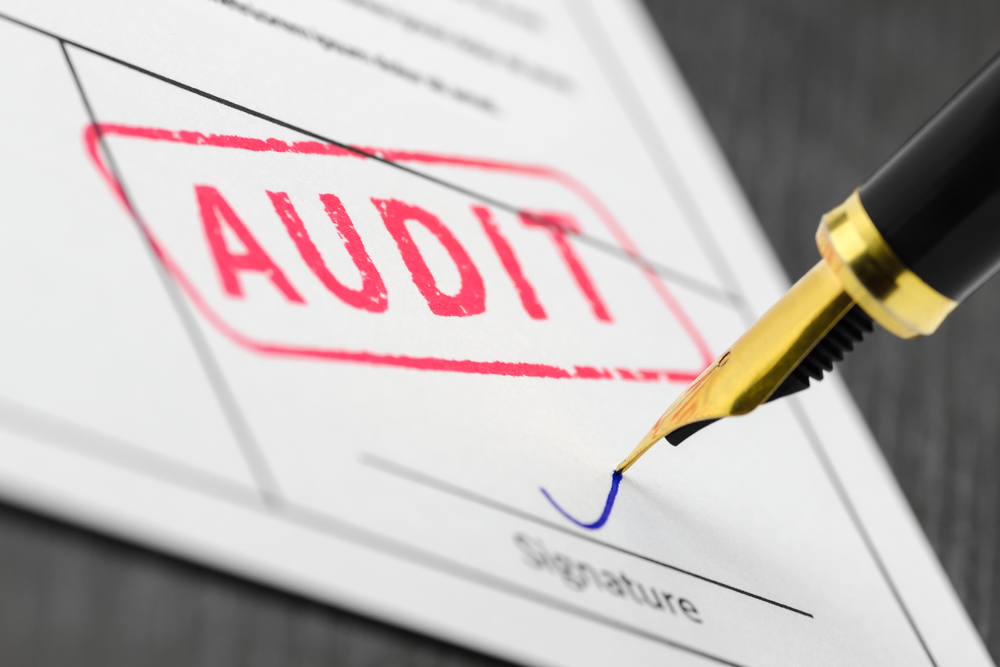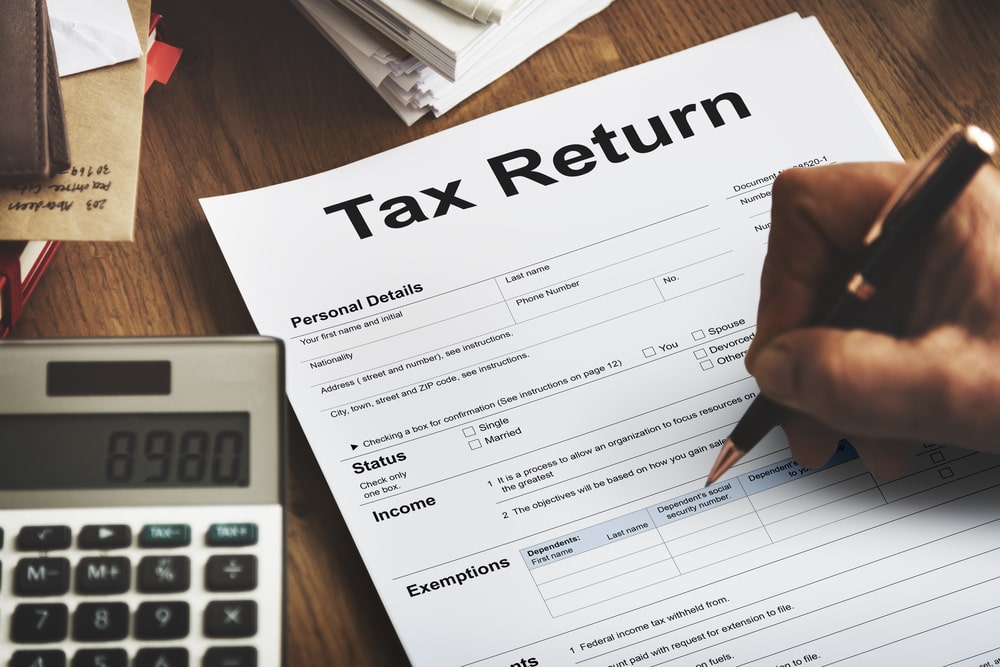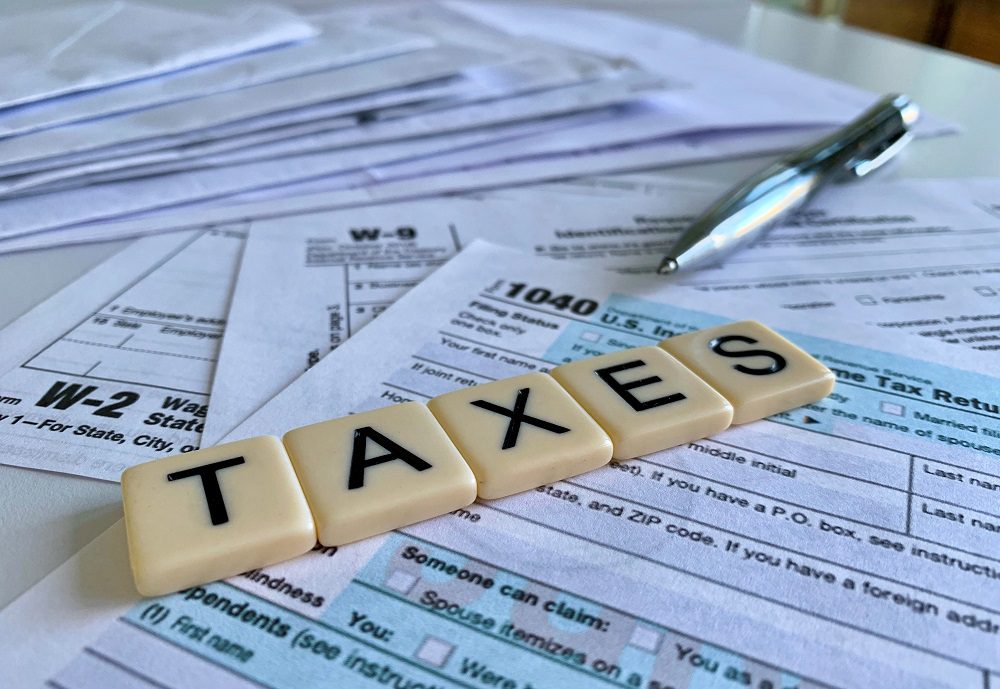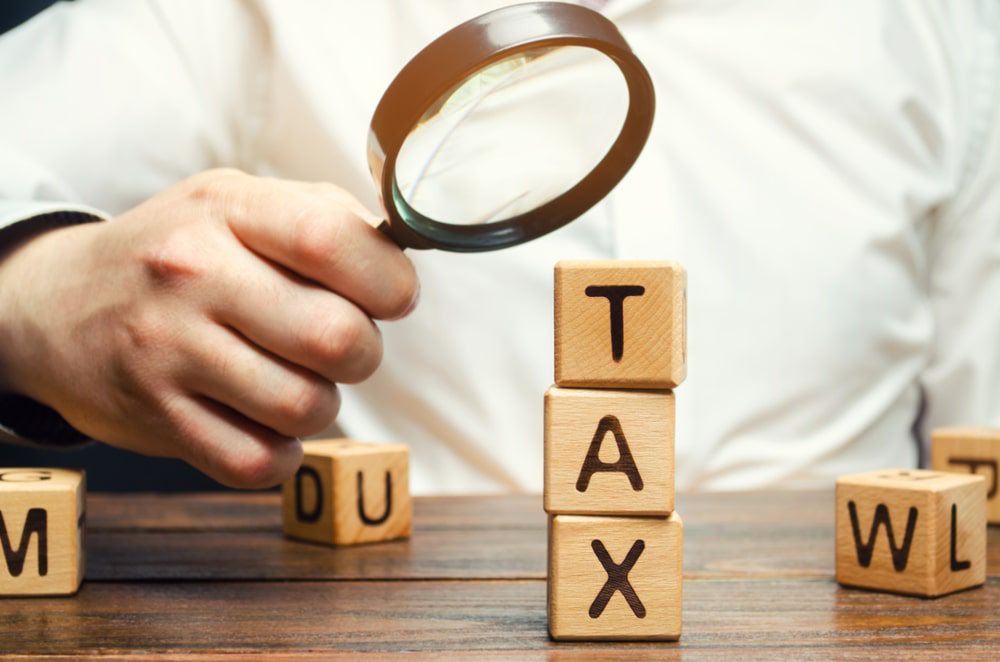
There are some important tax documents most people end up getting rid of or misplacing when they actually shouldn’t!
Many people do not correctly identify what tax documents they need to keep track of and which ones can easily be thrown away.
While there is a lot of discussion around how long you should keep your tax records on hand or at least know where they are, not many people discuss which documents are important for taxes and which are not!
One thing is for sure: life is unpredictable, and nothing is more sure than death and taxes, as Benjamin Franklin said back in 1789.
Taxes are definitely one of those constants in our lives, so you should make sure you have all the needed tax documents somewhere easy to access in case they are required of you by the IRS.
Yet, which tax documents are important, and which are just papers you can keep somewhere in a cabinet or even throw away?
To make sure you keep good track of your paperwork and know what you need to know both where they are physically and have a backup copy of the original in a digital version, we have gathered the most important tax documents you need to keep!
Do you have all of these on hand? Have you ever misplaced an important document that was needed for taxes? Share your experiences in the comments!

1. Audit papers
By this, we mean the IRS audit papers in particular. You may have been audited in the past, but just because this happened one time does not mean there are no future audits in your future.
Accounting experts recommend that you keep the files you have from your IRS audits and that you know where they are in case you are going to be audited again. There are chances that the IRS may not find your previous file from when you were audited, so it is better to know you have your own files in order.
This means that you should keep them forever so that you know you are safe. Not to mention, this is one of those cases where you are better safe than sorry since you have already been through an audit.
2. Custody and divorce papers
This one is important to know if you still have underage children or for any loved ones who are going through divorce so that you can help them in times of need.
Any sort of divorce and custody papers have to be kept. It should go without saying that these are important tax documents but not everyone can manage to think clearly after such an important and stressful event.
The reason why is that once divorced, either parent can claim their children as exemptions on their tax files. Thus you need the divorce papers and custody agreement papers to be ready to be filed alongside the taxes.
Here’s the catch though, not both parents can claim the kids, so you need to prove that you are the custodial parent if there is nothing mentioned about claims over the kids. In the case of joint custody, then the parent who has the kids longer over the year can claim the exemption.
It is good to check with your state’s law on these matters. but one thing is for sure: know where these parents are!
3. Marriage papers
Speaking of divorce, you also need to know where your marriage papers are. This is not because you need to prove to the IRS if you are married, divorced, or single, but because you may need to prove any name changes.
If you have gotten married since the last tax filing and you have changed your name, you will need to be able to officially change your name with the Social Security office as well. The administration there needs to see legal proof of that happening.
Thus, if you want to file taxes with your changed name or even do joint filing, you need to have proof of changing your name, which makes those important tax documents.
The likes of marriage licenses, divorce degrees, court orders for name changes, and even certification of naturalization from the state that show the new name are to be kept track of at all times.

4. Tax returns
Some of the important tax documentation people do not realize they need to keep our tax returns; you should never throw those out after filing them.
If you are going to file a request for your tax return transcript for up to the past three years, you will need to have those tax returns on hand in case the IRS decides to audit you or if you want to access Social Security benefits.
Theoretically, experts say that the IRS should not be able to audit you for a period longer than the past three years, but there are some exceptions that have been made in the past, and you do not want to be caught in them.
The likes of previous audits, property and home records, income coming from overseas or foreign investments, and even underreporting one year are just some of the exceptions.
To be safe, you should be keeping your tax returns for at least a period of seven years, or just go with “forever” for this category just to be safe.
5. Bank records and receipts
Since we have talked about some of the documents you would need in case of an audit, you should also keep your bank records in case that happens.
The IRS relies on the likes of bank receipts and records so that you can prove your expenses and income for a certain year, and they are labeled as “supporting documents.”.
You may not think they are important after one or two years, but in actuality, they are needed so that you have proof in front of the state.
Other records accounting experts recommend keeping indefinitely in case of an audit including medical records and any healthcare expenses.
It can be a bit daunting to have to keep all these records, but if you organize yourself well, there is no need to worry about where they are. These types of file organizers are easy to use, easy to label, and affordable, and you get rid of a hassle easily!

6. Property and home documents
If you have decided to relocate or have sold your home or any property in recent times, it is a good idea to keep your papers.
On a short-term basis, if you are a first-time home buyer, you may be able to get some tax credits for your purchase. And if you’re not, you can still probably get a deduction when it comes to state property taxes that you will have to pay.
On a long-term basis, you still need to keep any home improvement documents, along with all property papers, as they could be useful in case of an audit.
Not to mention, if you have done any important home renovations that have increased the value of your home, you can easily prove it with the appropriate papers, which will benefit you in case you are looking to sell.
7. Death certificates
Death certificates are not something you should think about throwing away, but no matter what, you should send the IRS a copy of the death certificate after a loved one passes.
This is made to protect against identity theft and to also make sure there are not any additional charges on an account that should be flagged as being owned by a deceased person.
You do not have to just randomly send it; you can also wait to file it together with the deceased’s final tax return.
These tax documents definitely need to have their own place in your cabinets; there are other types of papers you have no need to keep around. However, you cannot just easily throw them out in the trash can and call it a day. Read all about which documents you should shred for your safety in this article here!










Thank you for first information. The details of #5,6,7 gave me info not realize completely as detailed. to retain in case of proof when and if an audit takes place. Thank you. for this …especially for older individuals or at the time to make a will, executor, etc.